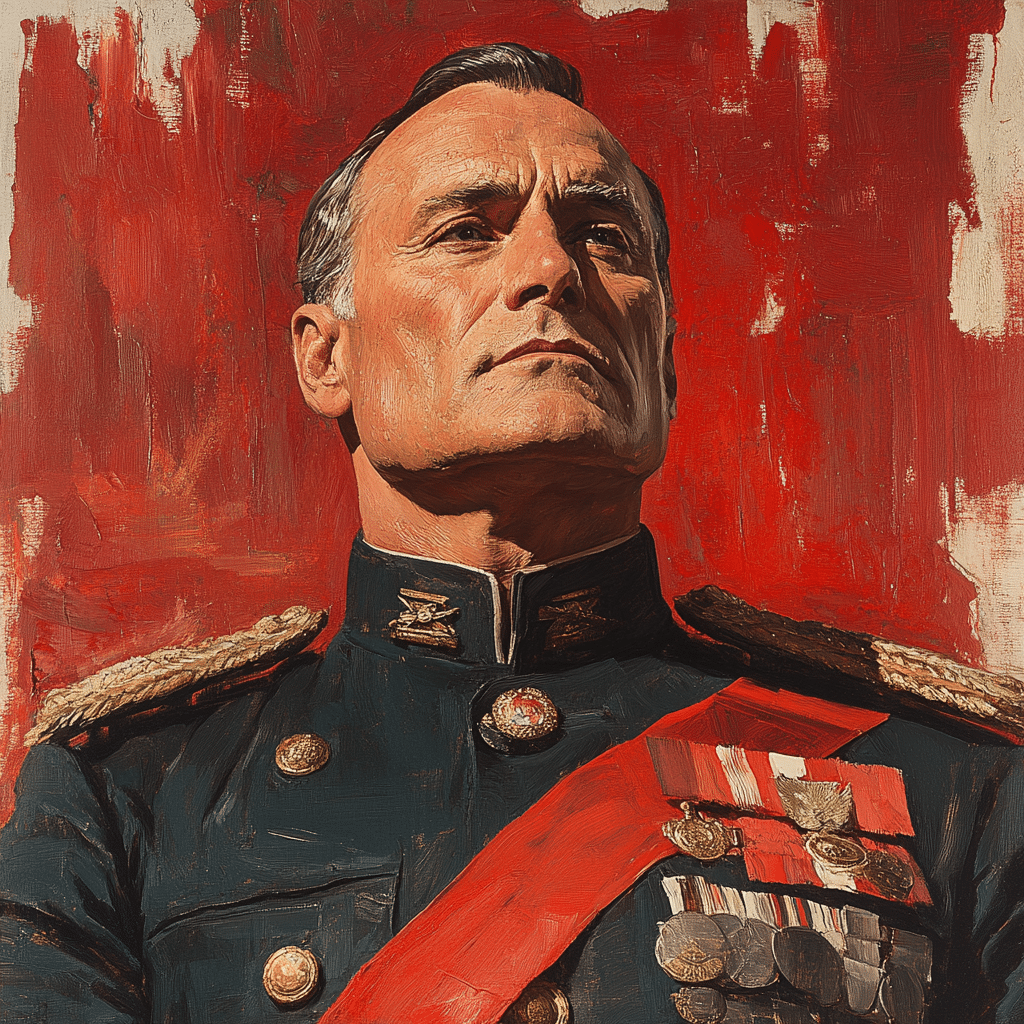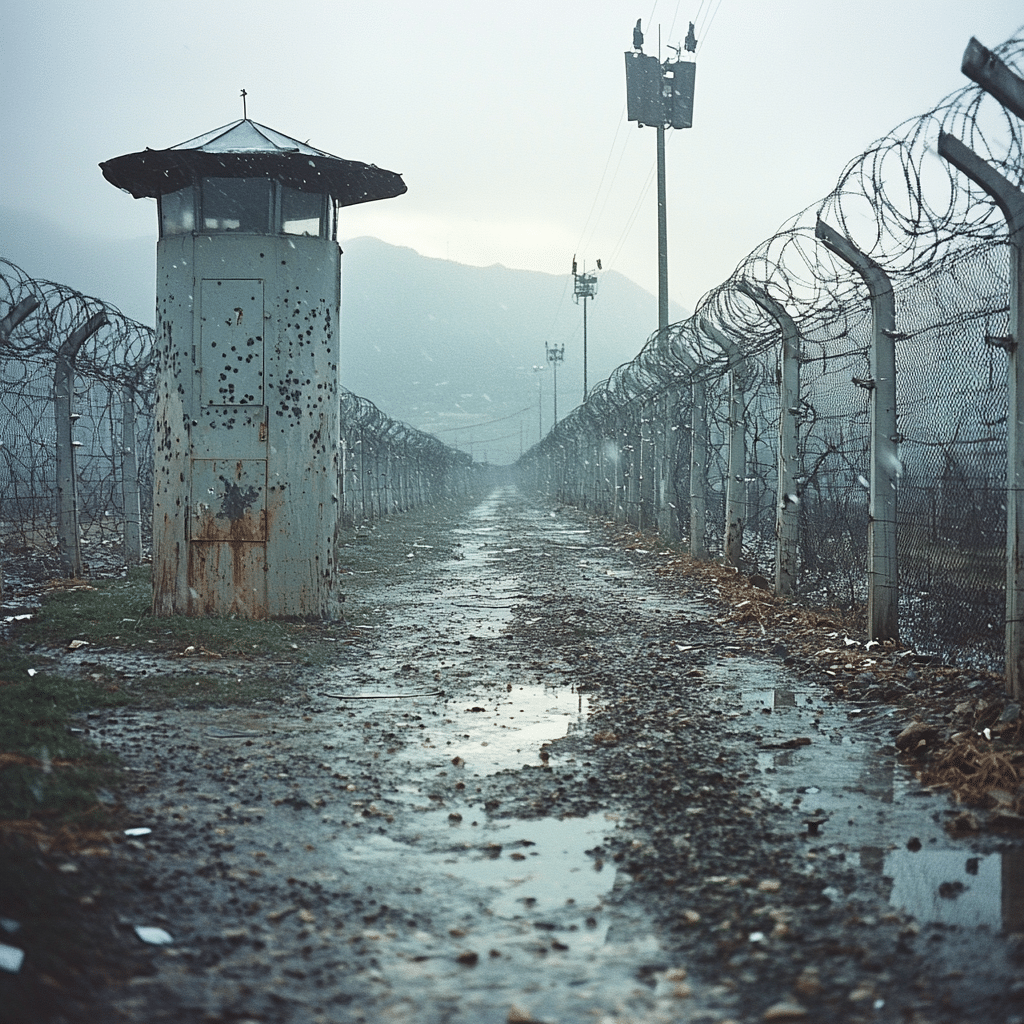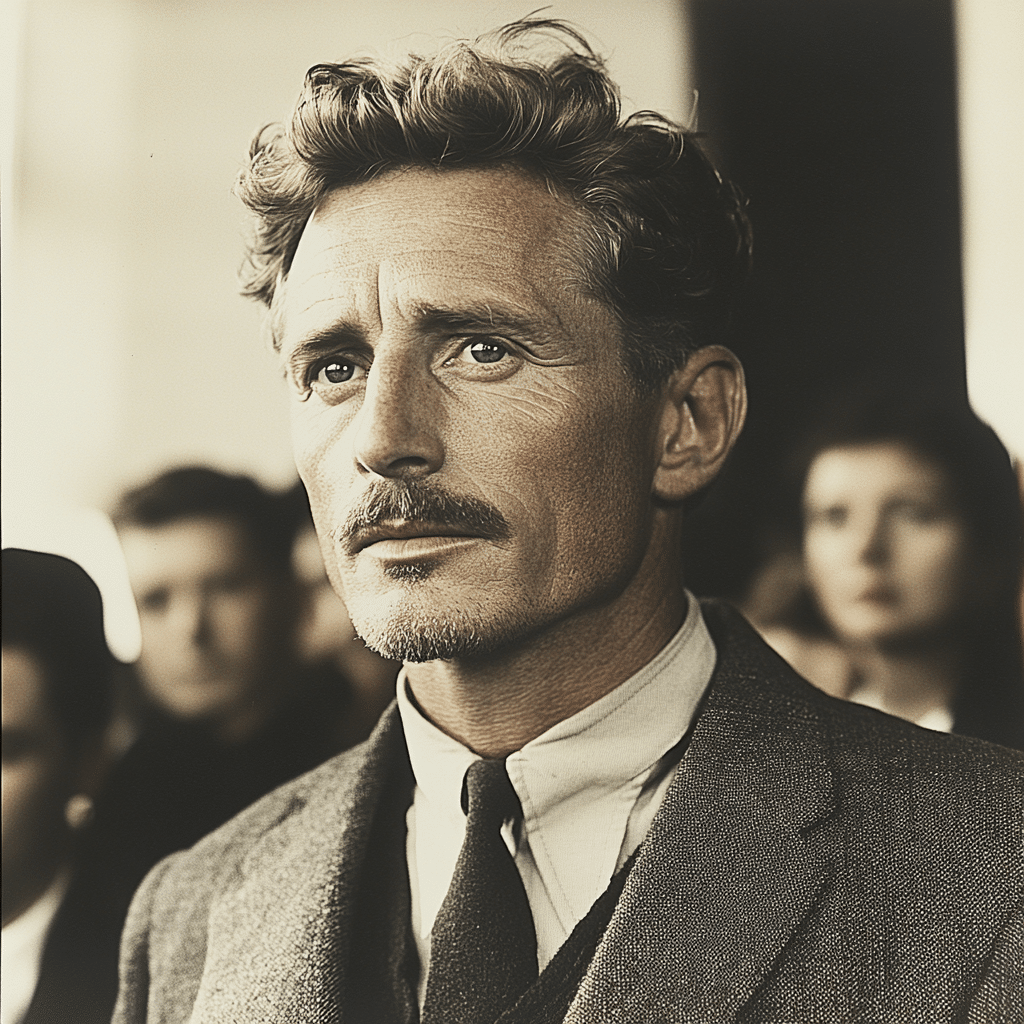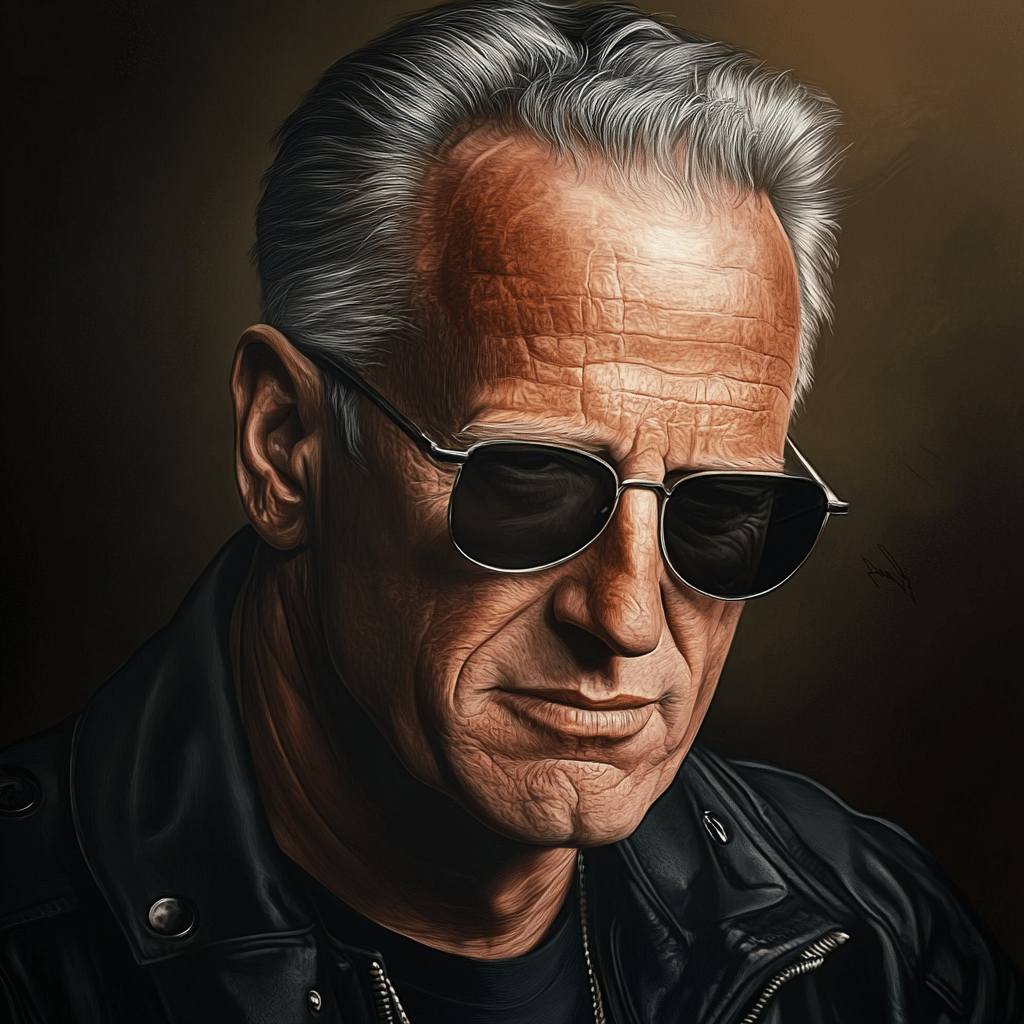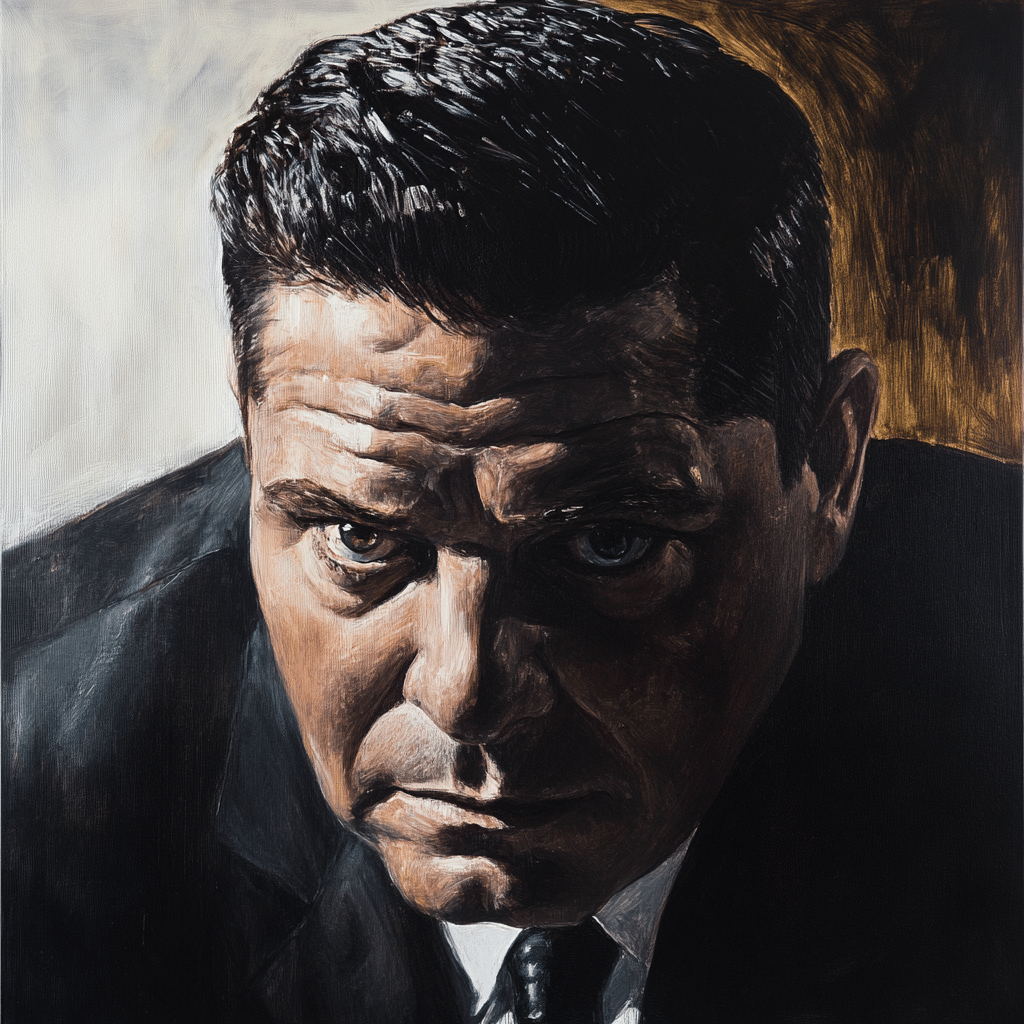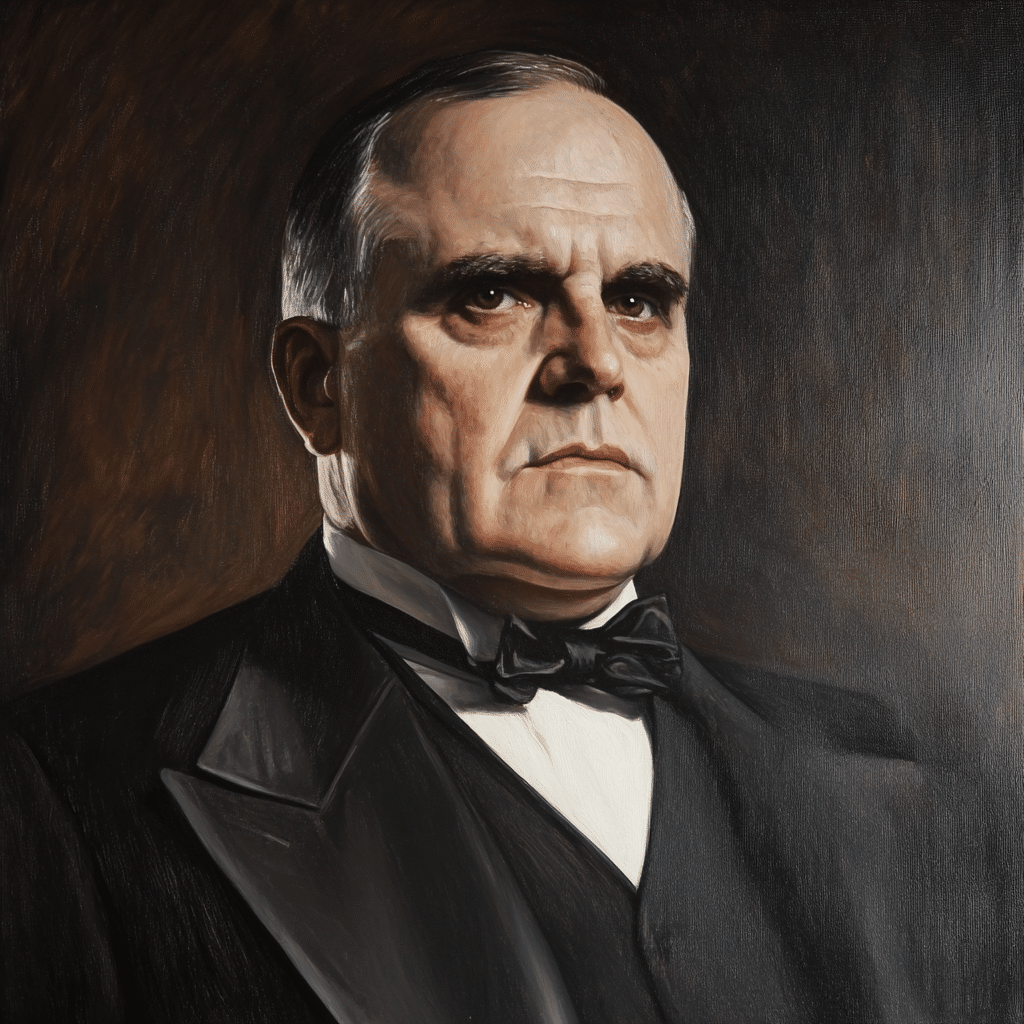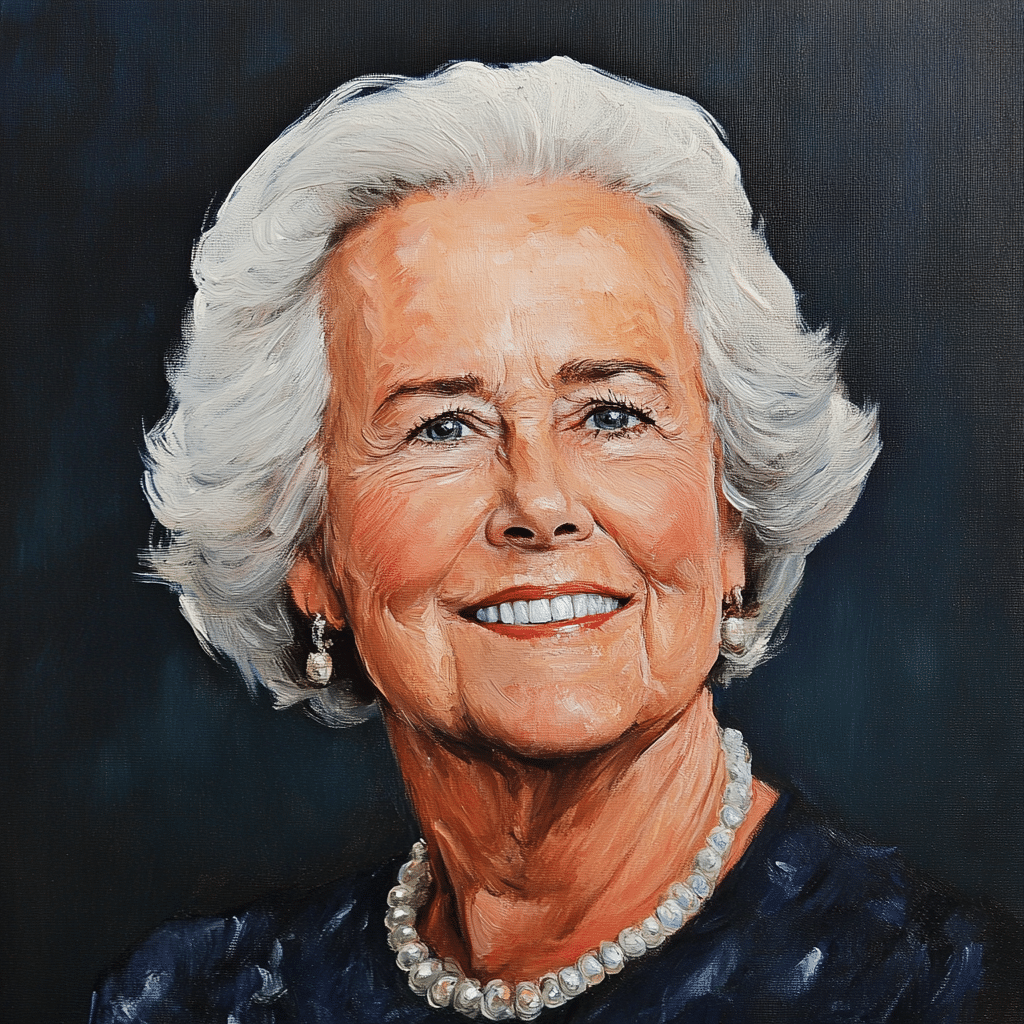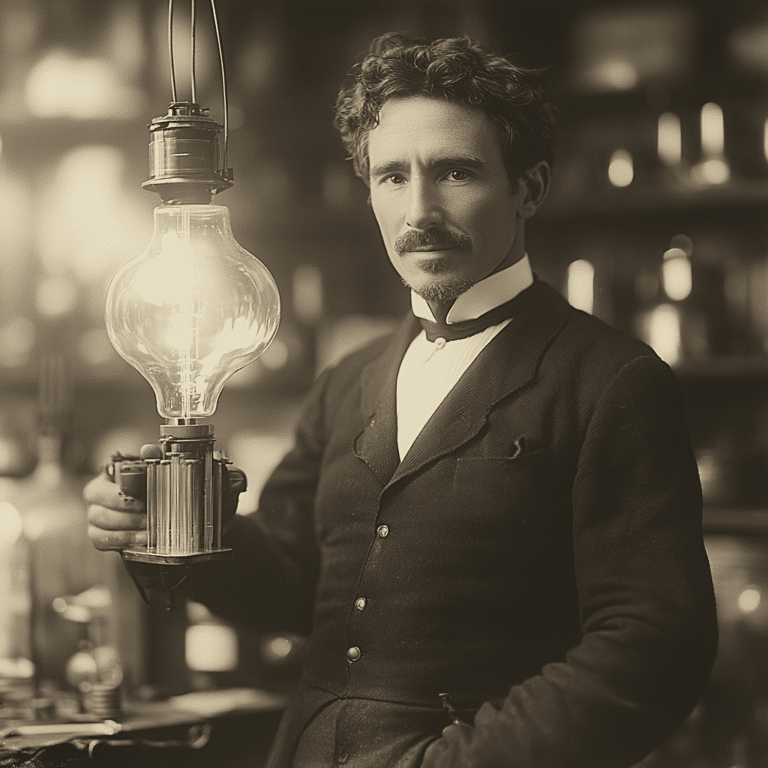Benito Mussolini, born on July 29, 1883, in Predappio, Italy, was a figure that many remember—not for his charm, but for the dramatic path that led him to become Italy’s infamous dictator. With a father who was a socialist blacksmith and a mother who was a schoolteacher, Mussolini’s early life had a unique mix of political grit and educational discipline. Growing up in a politically charged atmosphere of early 20th-century Italy, Mussolini’s radical political ideologies began to take shape. He initially dabbled in socialism, a belief system promoted by his father. However, as the political scene changed, so did Mussolini’s loyalties, skillfully flipping sides like a pancake on the griddle—an early sign of his political maneuvering talents.
Mussolini’s early years were filled with activism and a penchant for debate. By his late teens, he had already started a career in journalism, which would ultimately allow for his powerful verbal skills to shine. However, don’t expect the cartoonish antics of “Napoleon Dynamite,” because Mussolini’s rise to power was far more sinister. His charismatic rhetoric and sheer determination made him stand out among his contemporaries. He believed in what he was selling—his vision of an Italy that would roar with the power of ancient Rome. Clearly, the seeds of a dictator were being sown in the rich soil of his upbringing.
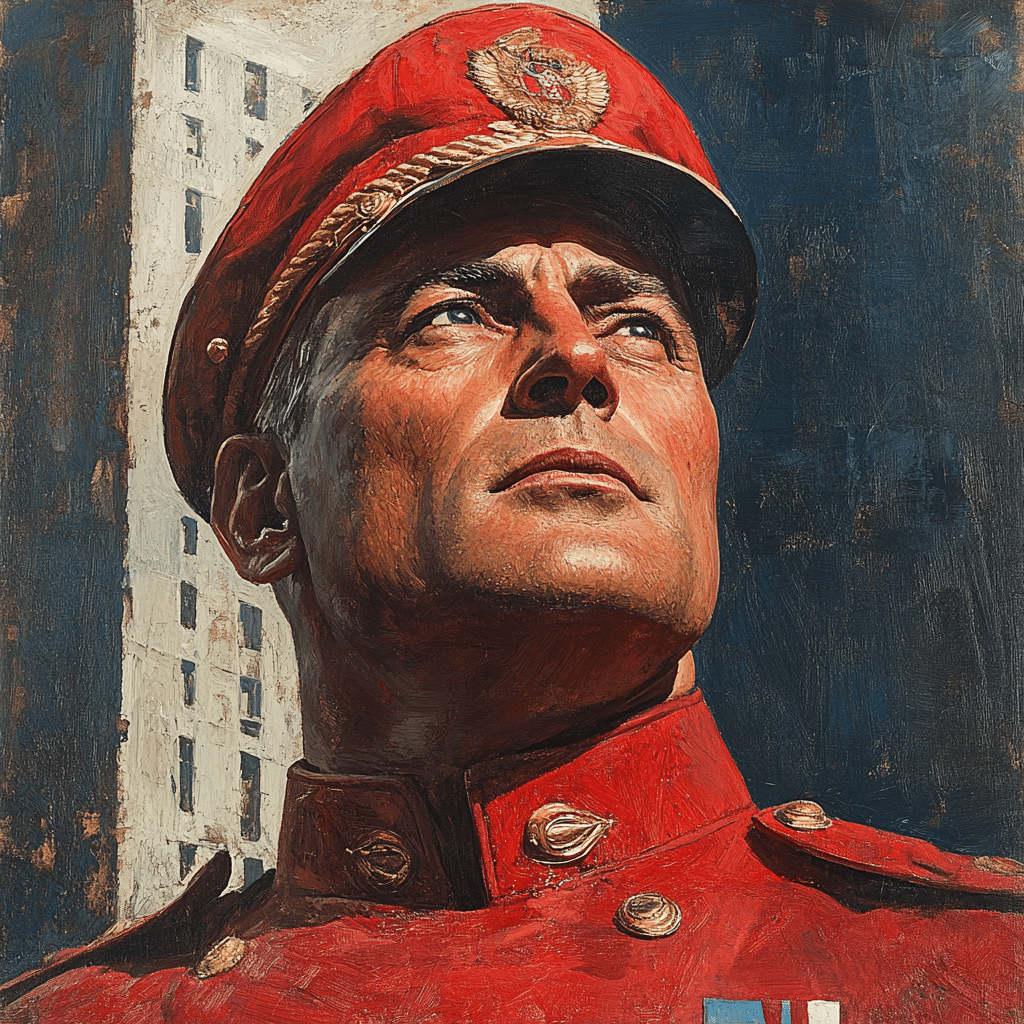
The Influences of History: A Comparative Look at Leaders Like Napoleon Bonaparte
To understand how Benito Mussolini climbed the political ladder, we can compare him to historical heavyweights like Napoleon Bonaparte. Both leaders thrived in the aftermath of significant conflict. Mussolini took advantage of the chaos left behind by World War I, bringing out nationalist fervor through passionate speeches and strong militaristic posturing. In this rich landscape of modern history, Mussolini borrowed pages from Napoleon’s playbook.
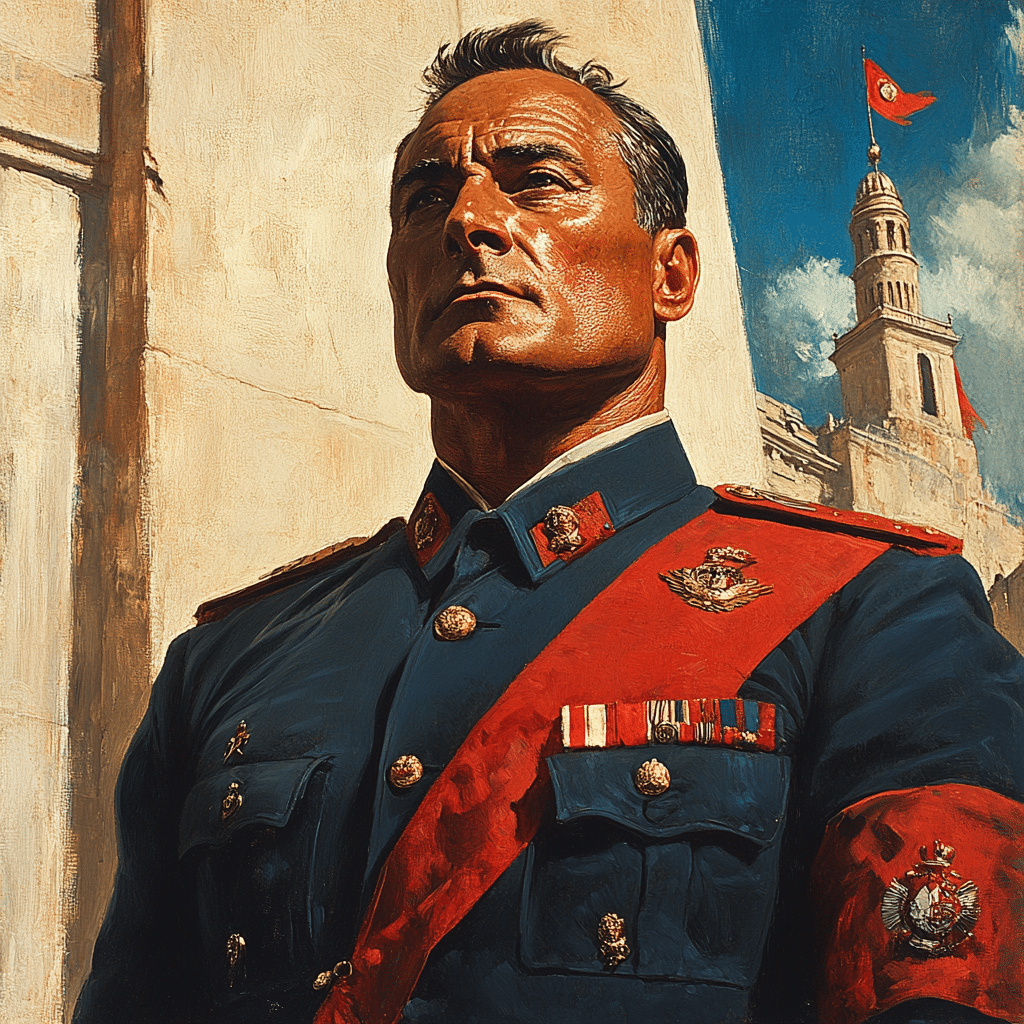
The Collision of Fascism and Democracy: Mussolini’s Political Maneuvers
Mussolini didn’t just waltz into power; he executed a carefully calculated overture that had political analysts shaking their heads. In 1922, he ascended to the premier’s office through strategic alliances—many made in back rooms filled with cigar smoke. He began dismantling democratic institutions, all while keeping a charming smile plastered on his face like he was auditioning for a role in an epic drama.
His infamous Blackshirts marched into intimidating rallies, drowning dissenting voices in fear and violence. Mussolini skillfully utilized propaganda as his weapon of choice, painting a picture of a nation united behind him, a “man of the people” ready to lead Italy into greatness. This clever manipulation of public perception mirrored similar tactics used by numerous authoritarian figures throughout history. When the chips were down, Mussolini showed that he could be just as ruthless as any power-hungry leader.
Benito Mussolini and ‘Napoleon Dynamite’: Cultural Reflections and Satire
At first glance, one might think of “Napoleon Dynamite” as an odd juxtaposition to Mussolini’s intense life. However, both narratives reflect leaders grappling with self-identity and authority. The absurdity of Mussolini’s grand gestures and wildly inflated self-image can be humorously compared to the quirky antics of the beloved film’s protagonist, Napoleon Dynamite.
In a culture filled with powerful figures, it’s fascinating to see how future generations take leaders like Mussolini and dissect their actions with a hint of laughter. While Mussolini was busy pulling off his high-stakes political stunts, modern storytellers use humor to reflect on his absurdity, showing that society’s scrutiny of authority figures can be both entertaining and illuminating. Life is too short to take everything seriously, after all, and if history has anything to teach us, it’s that leaders can be as ridiculous as they are dangerous.
The Decline of Mussolini: Fatal Errors and the Impact of WWII
As World War II unfolded, Mussolini found himself in hot water, and not just because of his poorly thought-out military strategies! His alliance with Adolf Hitler quickly became a major miscalculation. Mussolini’s decision to enter the war on the Axis side morphed into a full-blown disaster as the Allies caught up with his ambitions.
From catastrophic military defeats to losing support at home, it became evident that Mussolini’s dreams were crumbling faster than a poorly baked soufflé. By 1943, he was arrested, betraying the very ideals he stood for. His ultimate demise serves as a sobering reminder of how hubris can lead to a dictator’s downfall—a stark lesson in how the tide of public opinion can shift as easily as the wind.
The Legacy of Benito Mussolini in Modern Italy
Today, the shadow of Mussolini looms large over Italy. His regime bequeathed a messy legacy characterized by ongoing debates about nationalism and authoritarianism. Modern Italian politics still struggles with concerns around racism, far-right ideologies, and the resurgence of populist movements. Mussolini’s echo can be felt in every corner of the political landscape.
Italian society grapples with this complex heritage as it veers into the 21st century. Discussions surrounding the perils of extremist ideologies echo in conversations about contemporary governance. While Mussolini may have been a product of his time, his ideology remains a cautionary tale—a vivid reminder of the fragility of democracy and the ever-present threat of demagoguery.
Influences and Reflections on Power Dynamics
The rise and fall of Benito Mussolini provides a striking narrative rich with insights into the power dynamics of authoritarian rule. His life serves as a poignant lesson about how easily one individual can manipulate a society, showing us all the importance of remaining vigilant against oppressive ideologies.
Mussolini’s journey offers profound reflections on democracy’s value and the impact of propaganda. More than just a historical figure, he represents the potential dangers lurking behind charismatic leadership. As history continues to unfold, his legacy challenges us to reflect on our circumstances and remain steadfast in our pursuit of freedom.
Benito Mussolini isn’t just a name from the past; he’s a mirror reflecting the complexities of our present. The triumphs and failures of his reign continue to resonate today, leaving us with crucial understandings that we can carry forward. So the next time you think of a dictator, just remember: history often has a way of catching up with us all!
Benito Mussolini: A Fascist Leader’s Rise and Fall
Mussolini’s Unconventional Path
Benito Mussolini was a curious character, starting his life as a schoolteacher before diving into journalism. In fact, he once edited a socialist newspaper named “Avventi” in 1910. The transition from educator to a fierce political figure signaling his shift parallels how technologies like the invention of the telephone by Alexander Graham bell changed communication forever—signifying the shift in society’s gears. Mussolini’s charisma and oratory skills helped him gain followers, much like how rock musicians like Trent reznor captivated audiences with their compelling performances.
Did you know Mussolini had an unusual obsession with ancient Rome? He even adopted the title “Duce,” a term meaning leader, to evoke the grandeur of Roman emperors. His interest wasn’t limited to politics; he’d often dive into the arts, where he funded film production in Italy, echoing the tone of ambitious films like The Wolf Of Wall street, which also showed the extremes of ambition and power.
Personal Life and Interests
Mussolini’s personal life was as striking as his political career. He was married to Rachele Guidi, but he had numerous affairs, including one with actress Clara Petacci, who stood by him till the end. It’s a reminder of how personal scandal can parallel public personas, much like the real-life drama surrounding Deborah Divine in the entertainment sphere. Interestingly, his family wasn’t completely on board with his fascist ideals; his mother even had her doubts about his nationalism, showing that familial ties often influence our beliefs and decisions.
When it comes to his bizarre ends, it’s worth noting that Mussolini met his fate in a way that echoed the grim tales of history, akin to the shocking Jonestown Massacre. His death marked the dramatic fall from grace for someone who had once held immense power. This stark turn of events brings to light the old adage: “What goes up must come down,” and embodies the volatility of political ambition.
Cultural Footprints
Even after his downfall, Benito Mussolini left a lasting impact on culture and politics. His image and ideologies have been referenced in various art forms, like films and literature. The renaissance of interest in older movies, such as the nostalgic Goonies 2, showcases how even past figures can find their way into modern narratives. Mussolini’s influence isn’t just confined to political discourse; it spills over into discussions about ethics, leadership styles, and the flaws that link leaders with their followers, much like the magical interplays we see in character-driven stories.
In summation, Mussolini’s tumultuous journey is a blend of unyielding ambition and tragic downfall, reflecting the intricate dance between power and morality. His life, full of contradictions, continues to provoke thought today, revealing the oft-ignored human element behind history.
